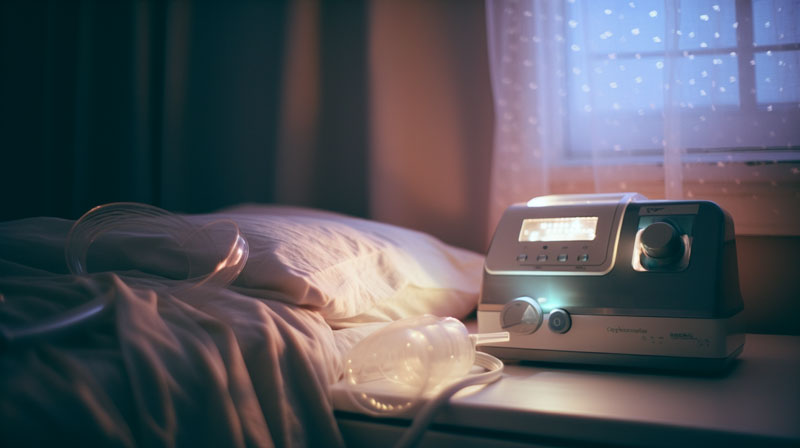If you have been diagnosed with sleep apnea, your doctor may recommend that you use a continuous positive airway pressure (CPAP) machine to help you breathe while you sleep. CPAP machines work by delivering a steady stream of air through a mask to keep your airway open and prevent apneas (pauses in breathing) from occurring.
However, not all CPAP machines are created equal. In this article, we’ll explore the different types of CPAP machines and their benefits and drawbacks.
Fixed-Pressure CPAP Machines
Fixed-pressure CPAP machines are the most common type of CPAP machine. They deliver a constant air pressure throughout the night, which is set by your doctor or CPAP supplier.
These machines are simple to use and generally less expensive than other types of CPAP machines. However, they may not be ideal for everyone. If your pressure needs change during the night, a fixed-pressure CPAP machine may not be able to keep up, causing you to wake up and feel restless.
Auto-Adjusting CPAP Machines
Auto-adjusting CPAP machines, also known as APAP machines, are designed to adjust the air pressure automatically based on your breathing patterns. These machines use algorithms to detect changes in your breathing and adjust the pressure accordingly, ensuring that you receive the optimal pressure throughout the night.
Auto-adjusting CPAP machines are ideal for people who have fluctuating pressure needs or who find it difficult to adjust to a fixed pressure. However, they tend to be more expensive than fixed-pressure CPAP machines.
Bi-Level CPAP Machines
Bi-level CPAP machines, also known as BiPAP machines, are designed to deliver two different pressure levels: a higher pressure during inhalation and a lower pressure during exhalation. This can make breathing more comfortable for people who have trouble exhaling against a higher pressure.
Bi-level CPAP machines are ideal for people who have central sleep apnea or other respiratory conditions that require a more advanced level of therapy. However, they tend to be more expensive than other types of CPAP machines.
Which CPAP Machine is Right for You?
Choosing the right type of CPAP machine depends on your individual needs and preferences. If you have a mild case of sleep apnea and a fixed pressure works for you, a fixed-pressure CPAP machine may be a good option.
If you have severe sleep apnea or fluctuating pressure needs, an auto-adjusting CPAP machine may be more suitable. If you have respiratory conditions that require a higher level of therapy, a bi-level CPAP machine may be the best option.
Understanding the different types of CPAP machines is important when choosing the right device for your sleep apnea treatment. Whether you opt for a fixed-pressure CPAP machine, an auto-adjusting CPAP machine, or a bi-level CPAP machine, the goal is the same: to provide you with the airway support you need to get a good night’s sleep.
Consult with your doctor or CPAP supplier to determine which type of CPAP machine is right for you.

